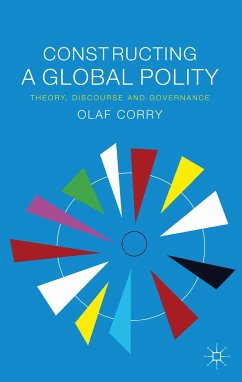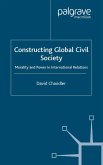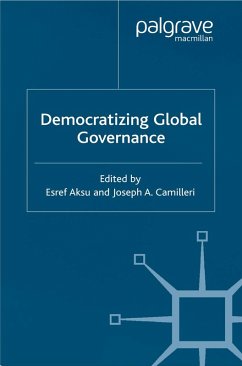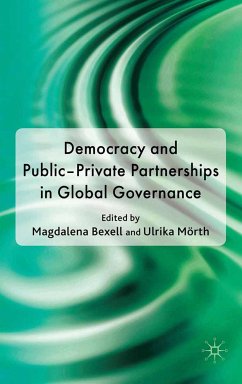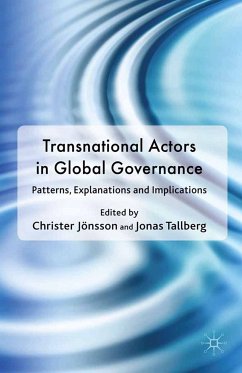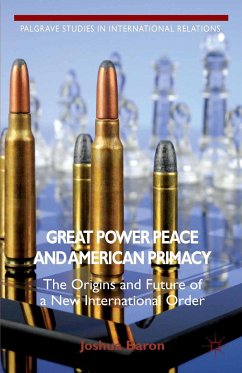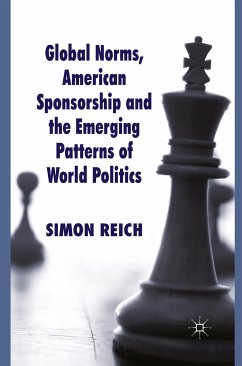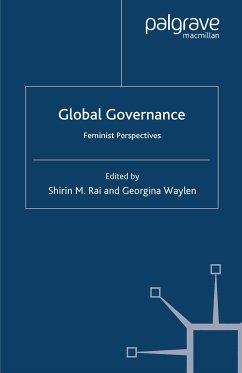Dieser Download kann aus rechtlichen Gründen nur mit Rechnungsadresse in A, B, BG, CY, CZ, D, DK, EW, E, FIN, F, GR, HR, H, IRL, I, LT, L, LR, M, NL, PL, P, R, S, SLO, SK ausgeliefert werden.
-Jens Bartelson, Lund University, Sweden
'A superb account that penetrates the confusion of today's geopolitics to find a global polity coalescing around global governance
objects.'
- Martin Albrow, University of Bonn, Germany
'A highly innovative work which adds greatly to our understanding of global politics.'
- Anthony Giddens, Member of the House of Lords
'Corry's Constructing a Global Polity [offers] a fresh interpretation of how IR must conceptualise and situate the state, the international, and the global. Corry formulates an original new model of a 'global polity' to orient IR [and] deserves praise for constructing intricate and admirable new recipes to theorise IR's relation to the global.'
- Scott Hamilton, London School of Economics and Political Science

